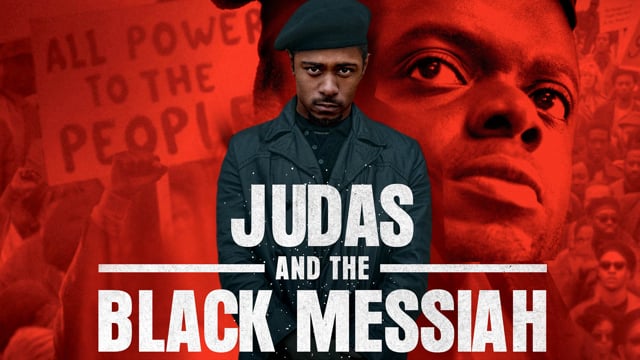Judas and the Black Messiah – Movie Reviews by Ry!
Judas and the Black Messiah – Unity and Divide: I am a Revolutionary
The delicacy of connections is between emotions and truths. It is a fragile journey that brings to light a reverence of past and present. When brought to film, they are stories that can go beyond the medium to become something more. In this review, I look at a film that provides a complexion that is befitting of realism of our own lives. A riveting story about the consciousness of characters, Judas and the Black Messiah is an electrifying drama that showcases the meaning of consequence.
This is a story based on the events of the FBI infiltration of the Black Panther Party in the 1960s. Shaka King (Co-Writer/Director) builds upon historical events through typical espionage/infiltration tropes. Infusion this together, it allows for the focal point to be steadfast on the realism of the events, beginning with the introduction of Bill O’Neal (Lakeith Stanfield). A man fraught with his own demons, he is recruit by FBI agent Roy Mitchell (Jesse Plemmons) to infiltrate The Black Panther Party in Chicago. Through some convenient plot devices, he is enlisted into the ranks and begins building a relationship with section leader, Fred Hampton (Daniel Kaluuya). This leads to a path of struggle, creating a conflict between duty and social injustice. As the characters move through a ‘cat-and-mouse’ style narrative, the journey begins to put a window of importance on O’Neal’s deal with the FBI, layering moments between the dialogue of characters. It is these moments that allows for raw emotions to bleed truth of situational purpose, moving the basic foundations beyond archetypes/tropes to become figures and scenes of extraordinary appeal. The strength is in the humanizing of the drama, lifting a narrative to a level of poignancy of actualization. There is no moment of forced biased beliefs, it is for the audience to live and breathe what is ongoing with all the cards (on the table). As O’Neal continues to give information about the leadership, structure and party’s motives to the FBI, he begins to question the importance of his job. There is a fragility that opens within, becoming a web that slowly fractures his relationship with Hampton and Mitchell. What is important becomes a question of growth from circumstance. Choice falls upon the causality of those around, seeing how society rings anew that can shatter the status quo, if allowed.
As the story progresses, the fragile balance of character is a paramount plateau into the importance of these moments (in American History). The solution to things becomes an ominous glare of unwantedness, where unity seems possible but is fraught with heavy government influence. The historical context begins to lift the journey beyond its dramatization, allowing for realism to become the moving factor of the cause. This shines a light on motives and purpose. At a critical moment of the mission, O’Neal is faced with a decision that puts a fracture upon his own soul. Faced with certain options, it leads to a climax where consequences bear fruit of the status quo. The ominous feeling ends with an epilogue that is a caption of what has led to parts of society (today). Judas and the Black Messiah is a historical drama and character journey that is fraught with honest detail. If you are a fan of history or character driven narratives, this is one for you. It is available at theaters and HBOMax, an award worthy caliber experience.
Full Score – 4.5 out of 5 (Award Worthy)
